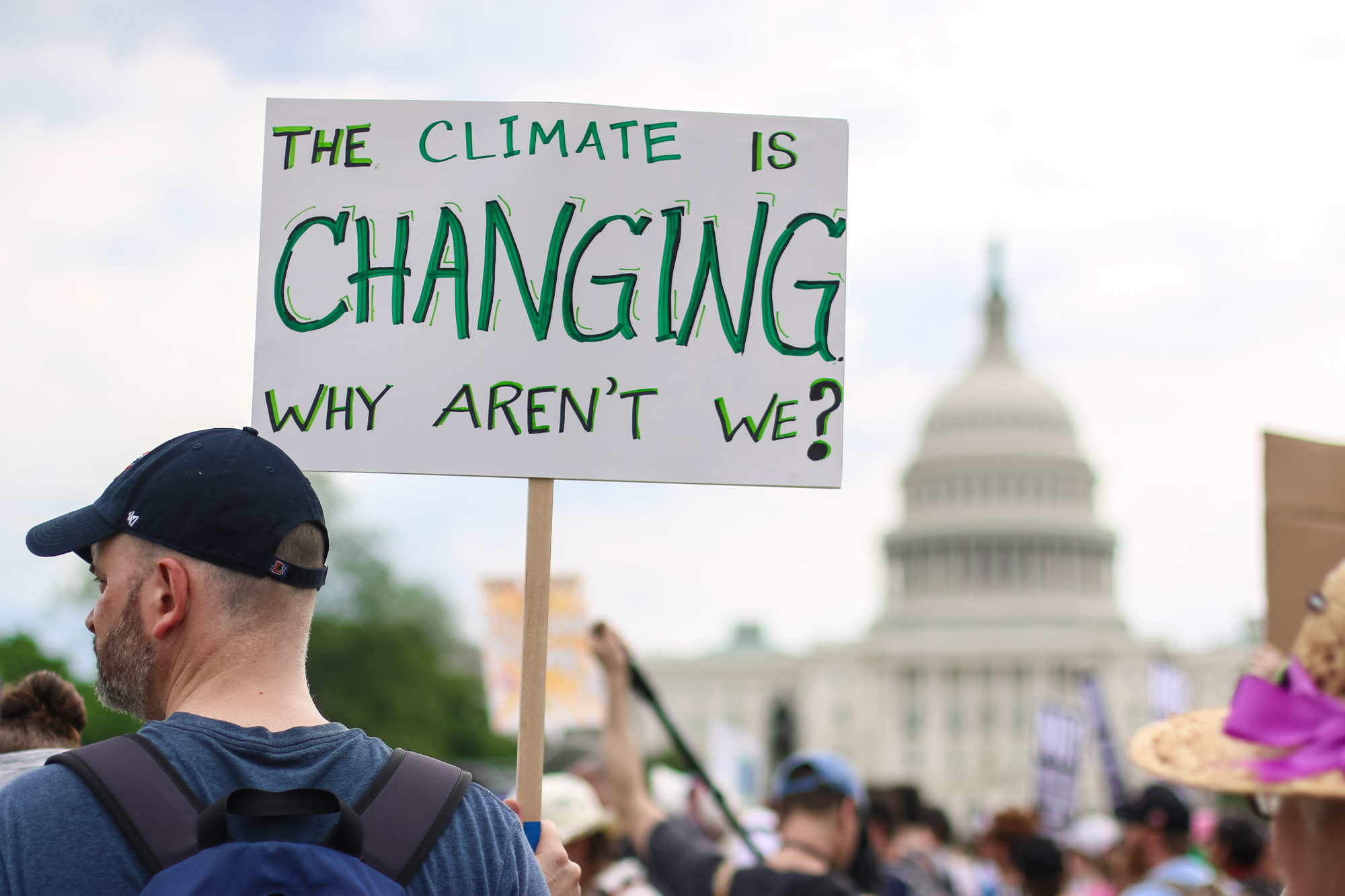It is a matter of degrees. And an urgent one at that. The Paris Agreement, supposedly the cornerstone of international negotiations to mitigate climate change, had agreed upon interventions to keep the rise of the global average temperature below two degrees Celsius above pre-industrial levels. But a new report commissioned by the Intergovernmental Panel on Climate Change suggests that the world should aim to contain the rise in average global temperature to 1.5 degrees Celsius above pre-industrial levels. Even then, the impact would be far-reaching. Anything above this new limit, the IPCC report states, would be cataclysmic. The developing world, including India, would bear the brunt of this climatic Armageddon — rise in sea levels and resultant salinity in soil in coastal areas, frequent extreme weather conditions such as droughts, storms, floods and heatwaves, lower farm output and the consequent crippling of economies reliant on agriculture and fishing and a surge in migration induced by inclement weather. It has also been estimated that the international fraternity has very little time left to act — a few decades only. One would have expected leaders around the world to work together to make use of the little time that is left. But it appears affluent, influential economies — the United States of America is an example — can choose to undermine even the negligible advancements that have been made in the context of climate change. This lethal, but wilful, politics of denial could produce a domino effect; it could also impair collaborative efforts on the tricky question of climate financing. This is particularly worrying given the fact that the world, the report estimates, would require 2.4 trillion dollars annually between 2016 and 2035 — 2.5 per cent of the present global GDP — to transform the energy sector alone in its bid to stall rising temperatures.
The challenges are variable and formidable. They include raising funds for and investing in green technologies, facilitating the seamless transfer of critical resources to poorer countries by the developed world, making climate adaptation affordable, expediting transformations in such segments as land use, energy consumption, public transport, urban waste management and forestry, amending the targets of the Paris pact and — most important — sensitizing the global political discourse to the imminent threat. Time is running out — for India and the world.











